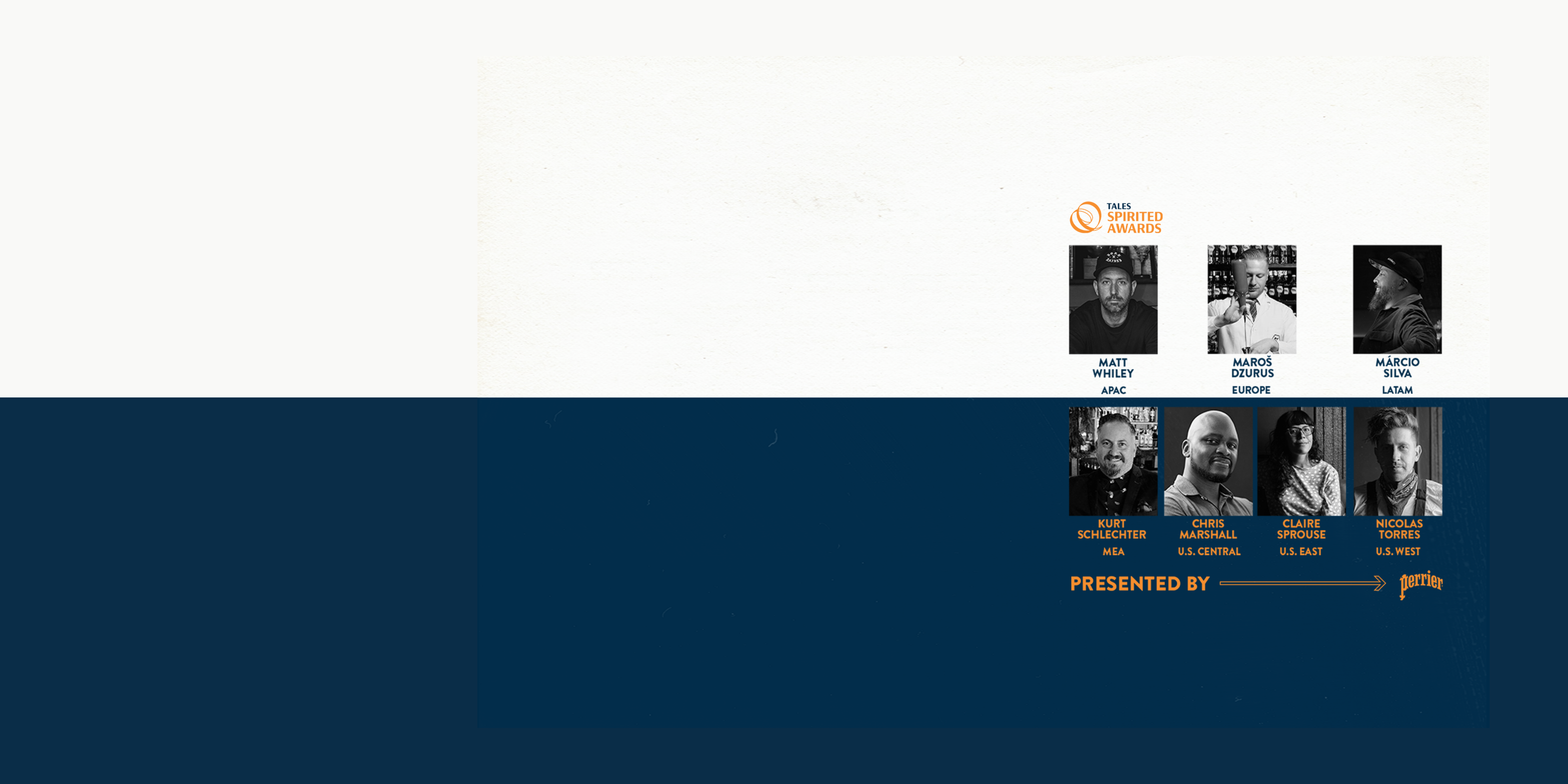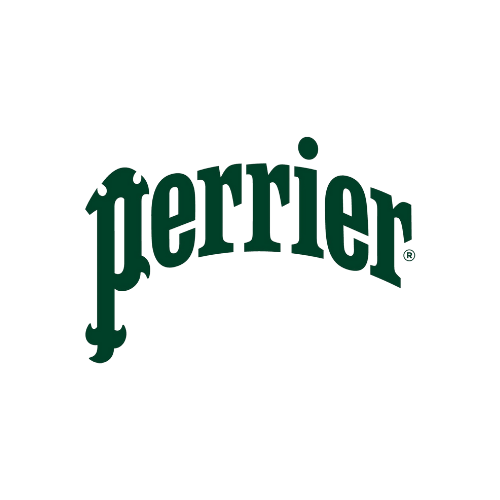Seven cocktail professionals discuss current trends in cocktail culture including sustainability, mindful sourcing of ingredients, and zero ABV cocktails.
Read time: 7 minutes
So much of the conversation surrounding cocktail culture in the last two years has risen and fallen on one central topic: How did you stay open during the pandemic? While that’s understandable, it’s important to remember cocktail culture continues to evolve and grow in exciting directions that have nothing to do with you-know-what 19.
Some of these topics were discussed at a roundtable talk between seven hospitality professionals presented by Perrier as part of a series of Spirited Awards programming held within Tales of the Cocktail®’s 2021 hybrid conference. For example, Maroš Dzurus from Himkok in Oslo discussed the foundational desire to source ingredients close to home.
“Himkok is built on local ingredients and local produce,” he said. Dzurus moved to Norway from Slovakia, and learned about the culture of his new locale through local ingredients and exploring how to repurpose in ways locals would find familiar, but exciting. For everything from dairy whey to seaweed, “Introducing (locals’) experience from childhood, I can go deeper and explore these ingredients myself,” he said.
Kurt Schlechter, owner of Cause Effect Cocktail Kitchen in Capetown, South Africa, celebrates the biodiversity in his locale by supplying the bar and kitchen with foraged and otherwise locally-sourced ingredients. The results, he says, are stunning, and possible for drink makers in any location – not just one as florally dense as South Africa. “Talking to local culinary and plant experts is really important,” he said. “Do a course with them, walk in the woods with some botanists, get obsessed with mushrooms … talk to your gran.”
For Claire Sprouse of Hunky Dory in Brooklyn, sourcing locally is deeply tied to sustainability, thinking about the carbon footprint long-distance sourcing includes, and how the land and people are treated where that sourcing takes place. “It’s not just about using this local, seasonal product, but also about who are the people behind it, growing it, and what are they doing,” she said. For this reason, she prioritizes indigenous ingredients as well as natural wines, which she called “sustainability in a bottle.”
Sustainability is another trend to consider, and few are taking it to the heights Matt Whiley of Scout (London and Sydney) is achieving with his new venture, Re, in New South Wales, Australia. Its goal is to be the first zero-waste bar in the world. “Everything that as a guest you touch and feel within the bar comes from recycled material,” said Whiley. The tabletops come from 82,000 milk bottles, the seat leather from recycled pineapple leaves, the art on the wall is charcoal from the Australian bush fires, and even the staff uniforms are recycled materials.”
Figuring out how to source cast-offs from local markets included a learning curve, however. “When we started to tell the guys who have worked in the market for 30 years that we wanted to take the things they put in the bin, their faces lit up,” said Whiley. “The first meeting we got offered two tons of cucumber … you start to realize what the extremes of food waste are.”
That connection to local markets proved essential to Nicolas Torres, owner of True Laurel in San Francisco, as well. “A lot of our bounty that we speak of grows in the southern central valley and it takes a ton of energy to keep up this production and image of California, so we started looking closer and honing in on our market gardeners,” he said. “Most of them are bringing their produce to the market and filtering it there … they put all their beautiful stuff on display typically because that’s what sells.” Everything else, which Torres calls the “buckets of uglies” feeds an extensive fermenting, clarifying and batching program at his bar.
In the same way bars and communities unite under the banners of sustainability and local sourcing, low and no ABV cocktails create an opportunity for inclusion as well. Chris Marshall, the founder of Austin’s first sober bar, Sans Bar, is dedicated to that inclusion. “It’s about preserving and maintaining and celebrating what is good and what is natural about us,” he said. “We needed a place that felt nice, upscale, fun and interesting where you could get that weird drink and it may not include alcohol … it’s much more about what’s around the glass than what’s in the glass.”
Márcio Silva of Locale Caffè in São Paulo echoed those sentiments, adding that food is much easier to pair with lower ABV offerings rather than big, bold cocktails. He said this is especially important for the model of a cafe, an all-day community space for people to gather and enjoy for long stretches of time during daytime hours. For Sprouse and Torres, who are about to collaborate on a wine bar in San Francisco, this phenomenon matters as well. Taking sustainability, mindful sourcing, and lower ABV options in mind, “We want to interact with our community in a different way than you would get at a regular cocktail bar,” she said.
Stream the entire 2021 Spirited Awards Regional Roundtable Discussion: Drinks Culture presented by Perrier on the Tales of the Cocktail YouTube channel HERE.
2022 Spirited Awards nominations are open NOW – March 8, 11:59 PM EST. It only takes one nomination to be considered!






